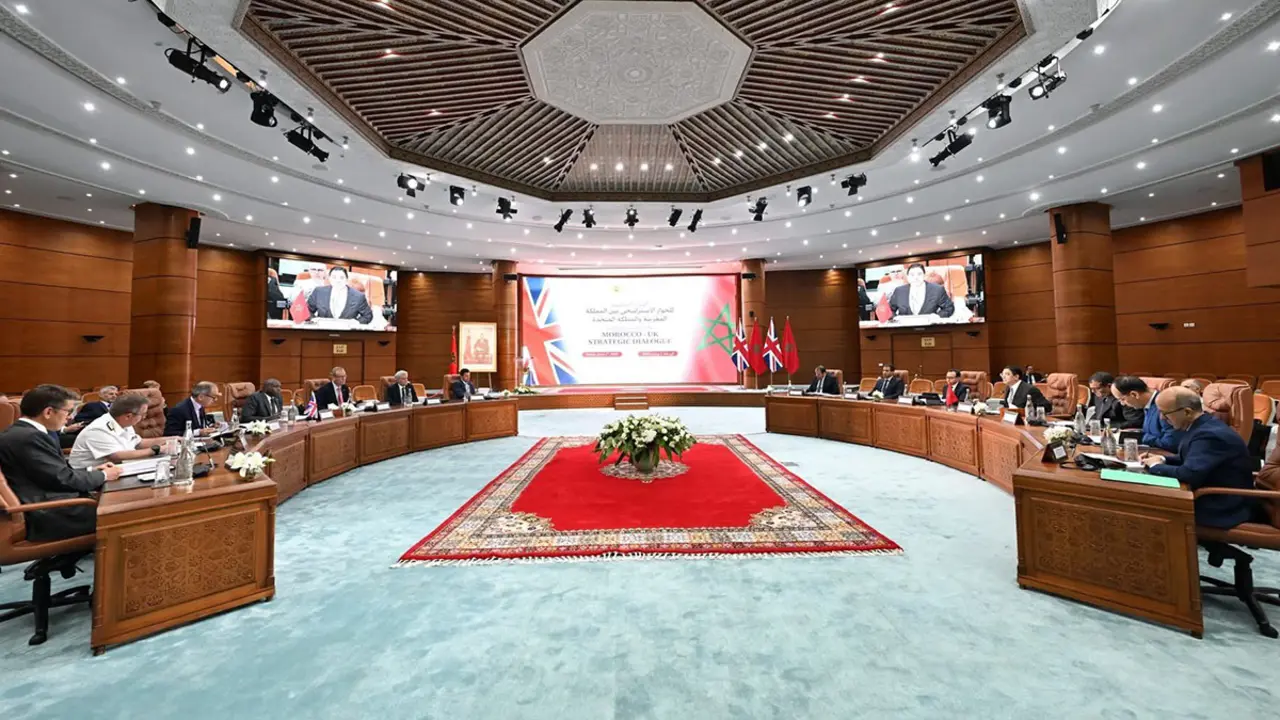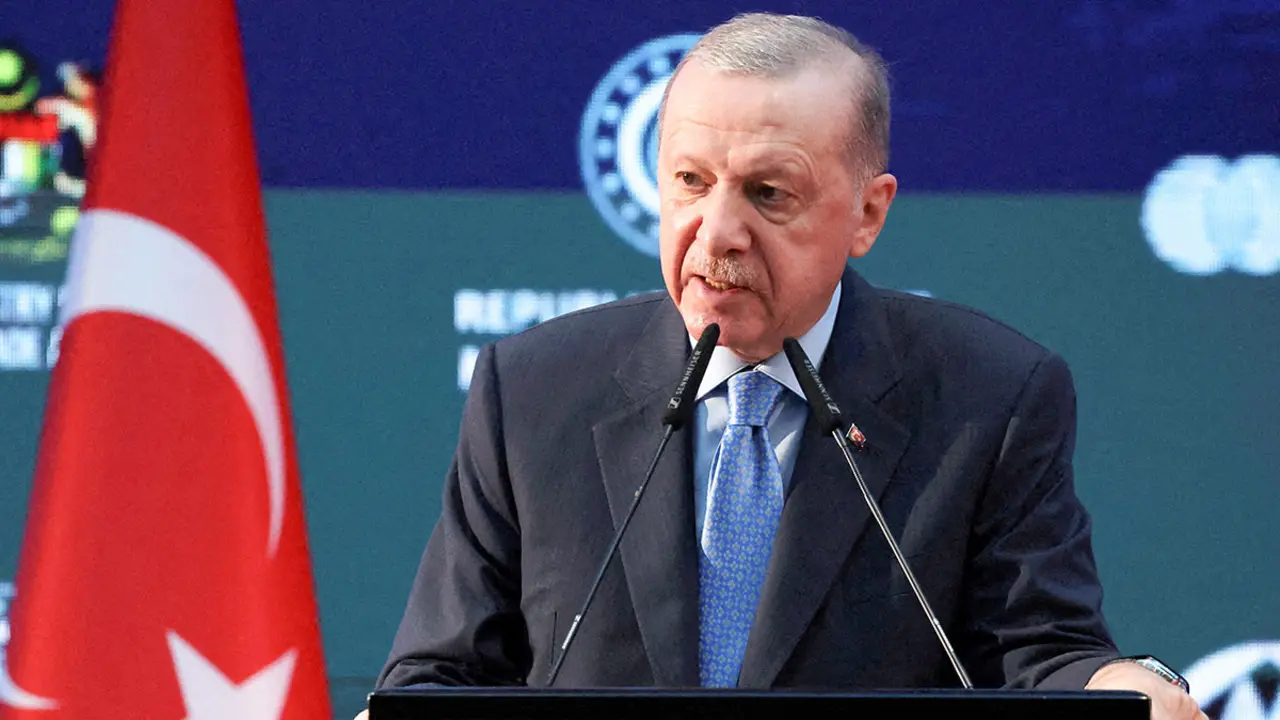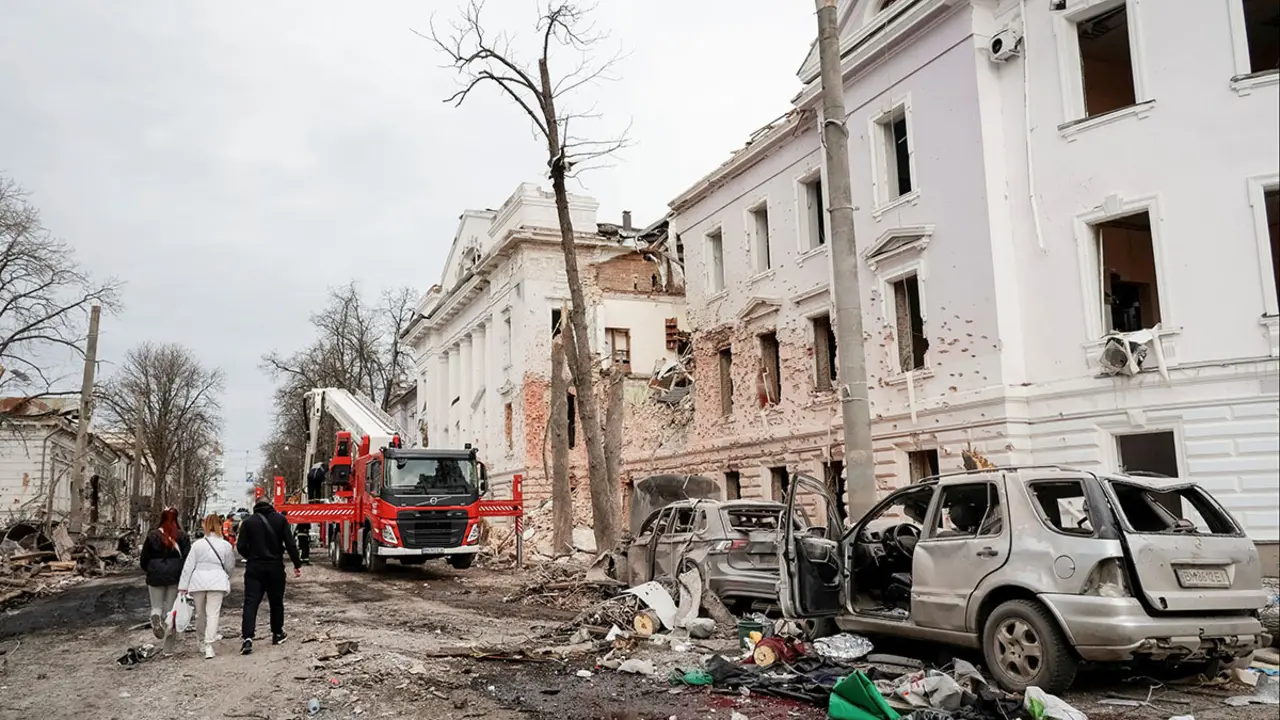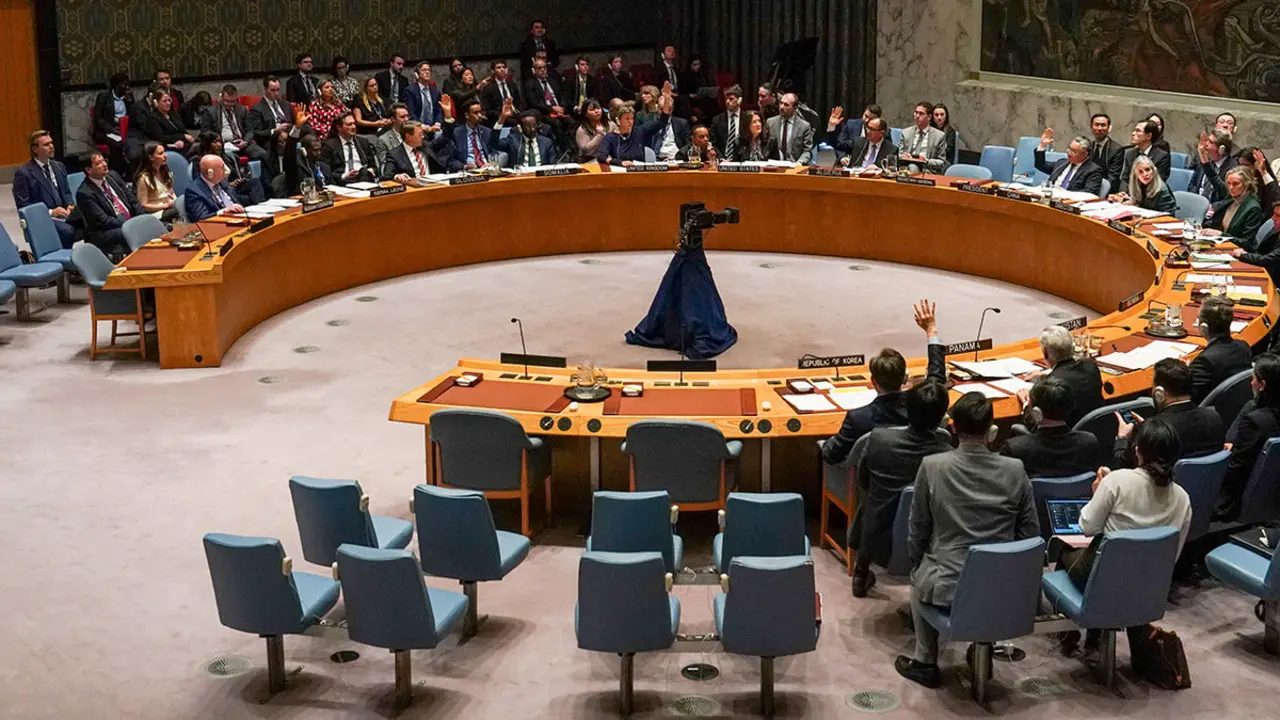Algeria to partially reopen its borders on 1 June

Algeria will partially reopen its borders from 1 June, after almost 15 months of closure due to the coronavirus pandemic, the presidency announced in a statement on Sunday: "Following the presentation of recommendations (...), the Council of Ministers approved proposals in favour of a partial opening of Algerian land and air borders from the beginning of June".
This reopening will begin with "a plan of five daily flights to and from the airports of Algiers, Constantine and Oran", the country's largest cities, from 1 June, specifies the text published in Sunday's result of the Council of Ministers. It will operate in "strict compliance" with the preventive measures against COVID-19.

Health Minister Abderrahmane Benbouzid explained to AFP, before adding that the organisation of the operations will be revealed in the coming days, that "people entering Algeria, nationals or foreigners, will have to present, on arrival, a PCR test of less than 36 hours, and undergo tests that we consider reliable". The validity of the test may prove to be an obstacle because it is much shorter than for other countries.
"Negative subjects will be allowed to enter. They will be informed of the recommendations and instructions to follow. Positive subjects will be subject to a 10-day confinement," the minister said. Any quarantine will be at the expense of the traveller.
Several million Algerians living abroad have had to deal with the border closures and the suspension of commercial flights and maritime links decided on 17 March 2020. Since then, the authorities have organised repatriation flights for their nationals, subject to conditions, but the latter were suspended on 1 March this year due to the emergence of the English variant at the end of February in Algeria.
Such prolonged border closures provoked protests and also anger among Algerian nationals in other countries, particularly in France.
Algerian authorities have so far confirmed 125,194 cases and 3,366 deaths from the coronavirus, according to data provided by the African Union (AU) Africa Centers for Disease Control and Prevention (Africa CDC).








